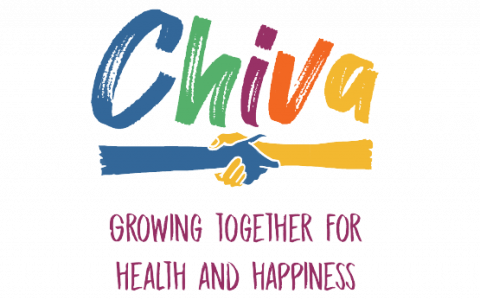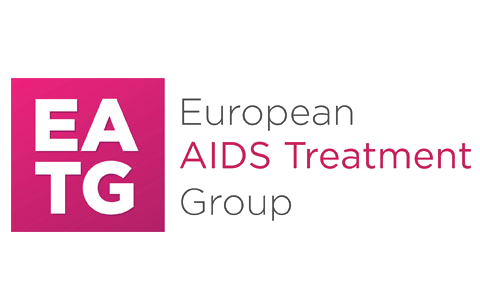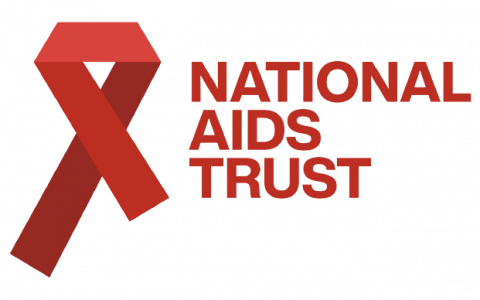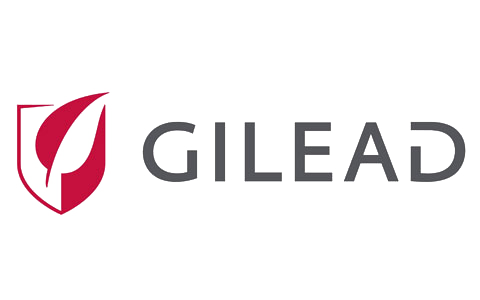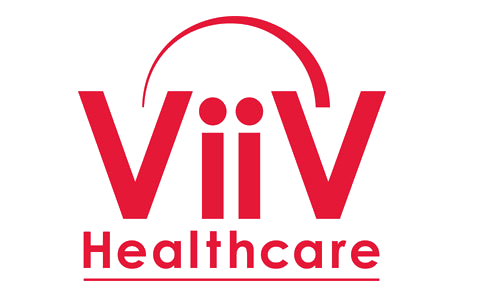Case Study
Romania – Baylor Black Sea Foundation

-
Context
Baylor Black Sea Foundation (Baylor Romania) is an NGO with a public utility status, and part of the Baylor College of Medicine at Texas Children’s Hospital International Paediatric Initiative BIPAI network of clinics. Baylor Romania’s mission is to help the community develop effective services for the prevention and care of infectious and chronic diseases.
Baylor delivers services at the Clinical Center of Excellence in Constanţa and operates three counselling and testing centres for HIV and Hepatitis B and C in the Dobrogea region, as well as a mobile voluntary testing laboratory.
Over the past decade, Baylor provided free of charge Hep-HIV screening for more than 75,000 people and long term medical and psychosocial care for over 3800 people with HIV and hepatitis. Through the years, Baylor Romania has also supported the Romanian healthcare system with donations of medicines, as well as professional training courses for specialists.
On average, the clinic sees annually around 1000 HIV people living with HIV/AIDS, in close partnership with the Infectious Diseases Hospital in Constanta.
-
Introduction
HIV is nowadays considered a chronic disease and the focus on HIV care outcomes is on the long term health status and well-being.
At Baylor Romania, psychosocial support has been part of the care package for people living with HIV/AIDS since 2004.
As part of our quality improvement strategic planning process, we designed our usual care to include periodic assessment of key care outcomes, as well as facilitators and barriers associated with these outcomes, in order to improve the targeting and tailoring of psychosocial interventions much needed by people living with HIV.
-
Aims
The objectives of our care quality improvement process are: • To allow an ongoing measurement of long-term outcomes, such as adherence to ARVs, quality of life and HIV self-management
• To establish individual intervention priorities based on the key individual psychosocial determinants associated with the above outcomes
• To establish intervention priorities based on overall mapping of psychosocial determinants associated with the above outcomes
-
Method
The assessment was guided by the Capability-Opportunity-Motivation-Behaviour theory by Michie et al (2011) and by previous findings of Baylor team. We have designed an in-house questionnaire measuring the key outcomes, barriers and facilitators in achieving desired health goals. We measured based on the following dimensions:
- Capability (defined as the individual’s psychological and physical capacity, knowledge and skills to engage in the target activity).
- Motivation (identified as all mental processes that energise and direct behaviours, both conscious and automatic/habitual and emotional).
- Opportunity (includes all the aspects outside of the individual that make the behaviour possible, prompting it).
-
Results
The questionnaire is part of the HIV care and it is used for across the board assessments every 18 months, to people living with HIV/AIDS above 18 years old. Following results were reported:
- 88% reported adhering to treatment (ie. taking the treatment as prescribed).
- More than 70% are happy with the quality of their lives with 50% of them describing themselves as being “very satisfied” with it.
- Around 80% reported being able to manage their own health.
Participants in the assessment reported the following facilitators of the above results:
- Belief in treatment’s necessity:
o around 80% consider that if an HIV positive person takes his/her. treatment as prescribed and takes care of their own health, the life expectancy is similar to a HIV negative person.
o 67% believe that HIV does not stop them from performing day-to-day activities.
- Skills for self-management:
o 79% were able to recognise the signs that show an aggravating HIV infection and know how to access medical care.
o 84% knew how to get in touch with their doctor (for an appointment)
o 82% declared knowing the contact details of at least one person from Baylor’s healthcare team who can help in case of need (a doctor, a nurse, psychologist or social worker)
- Knowledge:
o 88% explained correctly how their treatment should be taken.
o 84% acknowledged that the treatment controls the viral replication
o More than 70% were aware that U=U
-
Recommendations
By including the periodic assessment as part of the HIV care, we were able to identify the main barriers in achieving the health goals of people living with HIV.
More specifically, the people living with HIV reported issues with:
- behaviour regulation (69%),
- memory and decision skills (42%)
- cognitive skills (37%).
As a result of the assessment, the team has prioritised the development and deployment of behaviour change programs for long term survivors in the Baylor Romania clinic, focusing on helping people living with HIV improve self-regulation skills, especially in unexpected situations, including aspects related to planning, making healthy choices, setting up the environment to help with the health goals, etc. This is important knowledge that may allow better investment of resources in the future. For example, as a result of the assessment, instead of developing tools to improve knowledge or helping people living with HIV understand the importance of treatment, we are currently focusing our resources on improving their skills and increasing their medical independence.
Our approach shows that long-term psychosocial support is crucial. The assessment proved that while the majority of people living with HIV have good care outcomes, they still need support to overcome barriers.




